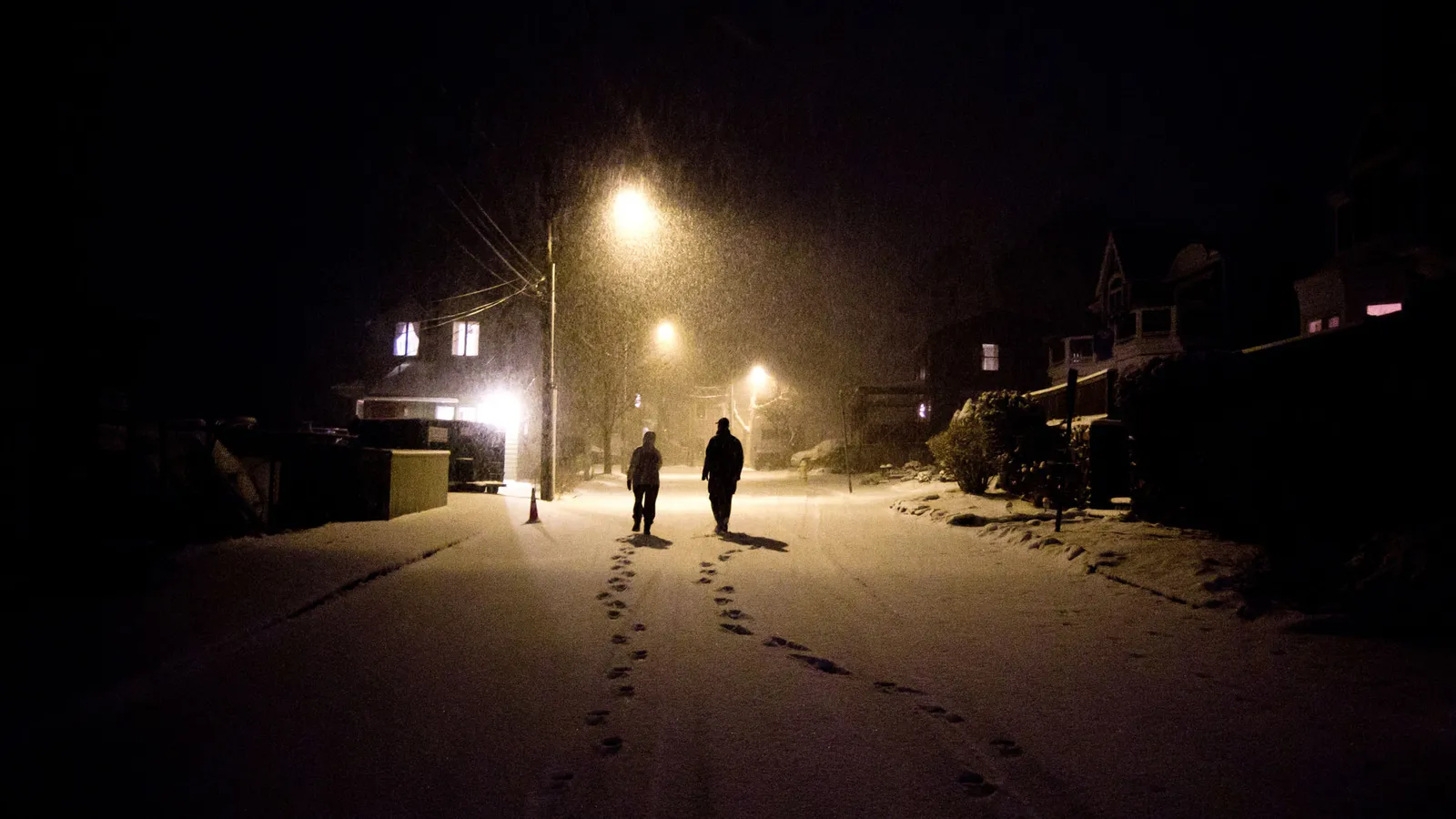Seasonal affective disorder: How the dark days of January shape your mood, intelligence and sex drive
Seasonal affective disorder: How the dark days of January shape your mood, intelligence and sex drive
www.bbc.com Seasonal affective disorder: How the dark days of January shape your mood, intelligence and sex drive
Our behaviour and decisions can vary with the changing of the seasons. The trick is to learn to make the most of this natural variation.


Main findings:
- The seasons, especially winter, can affect our mood, memory, concentration, social behavior, and sex drive.
- Shorter daylight hours are linked to winter blues and Seasonal Affective Disorder (SAD), characterized by low mood, sleep issues, and energy loss.
- Reduced light disrupts our circadian rhythm, impacting mood and cognitive function.
- Vitamin D deficiency (from less sunlight) might also contribute to winter blues and cognitive decline.
- We may subconsciously seek warmth and social connection during colder months, explaining increased interest in romance films and social activities.
- Sexual activity fluctuates across seasons, potentially due to the desire for physical and emotional warmth.
Key takeaways:
- Embrace positive aspects of winter like its beauty and coziness to improve mood.
- Cognitive behavioural therapy can help managing negative thoughts and boost winter well-being.
- Don't be hard on yourself if you're forgetful or less social during winter; it's natural.
- Actively seek social connection and engage in activities you enjoy to combat winter blues.
- 2019 Cochrane Systematic Review concluded that the evidence for light therapy's effectiveness as a preventative treatment was limited.
0
comments